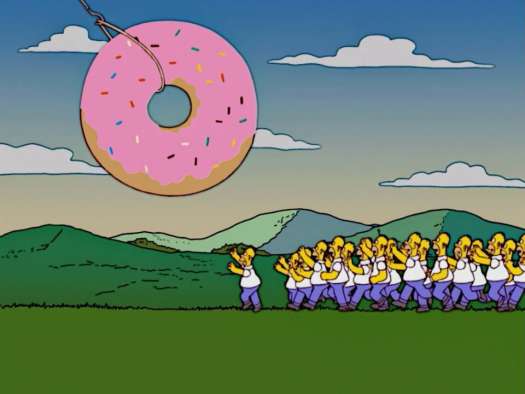The year is 1953. The setting is Wellesley College, an all women's college at the time considered to be a finishing school for soon-to-be corporate wives. Katherine Watson (Julia Roberts), a Bohemian from California, accepts a teaching position in the Art History department despite her trepidation in doing so. Upon arrival on campus, she finds it to be every bit as conservative, uptight and fraught with people more interested in putting on appearances than experiencing life, and she embarks upon a mission to reform the women of Wellesley into bra-burning, girdle hating, "you go girl" women at a time when such feminist rhetoric was unheard of. At first the supporting cast of students, which consists of Joan Brandwyn (Julia Stiles), an intelligent girl with dreams of attending law school, but who in reality has promised to be a "good" wife and mother; Betty Warren (Kirsten Dunst), the daughter of an important alumni, who on the surface is thought to be little miss perfect but inside is miserable in her constraint life; and Giselle Levy (Maggie Gyllenhaal), a tempestuous free spirit, opine that Ms. Watson is a subversive. However, towards the end of the film the symbolism of the Mona Lisa's smile is compared to the women of Wellesley, in that while on the surface they put on a smile, the question is: are they really happy? Does anyone need a tissue to wipe all those tears away? Mona Lisa Smile, visually speaking, has a great aesthetic, however in typical Hollywood fashion, everything is tied up in the end, when we all know it just didn't quite go down like that. Additionally, the male storylines in the film are more cut-away plots than anything else. In the special features department, the DVD offers "Art Forum," "College Then and Now" and "What Women Wanted: 1953" featurettes, consisting of commentary from the cast to news reel clips from the '50s, to scenes from the movie itself. It is very annoying when a movie title tries to be ever so clever in its undertone. You'll get it, but you just won't care when it's all said and done. (Columbia/Sony)
Mona Lisa Smile
Mike Newell

BY Cheryl ThompsonPublished Mar 1, 2004



